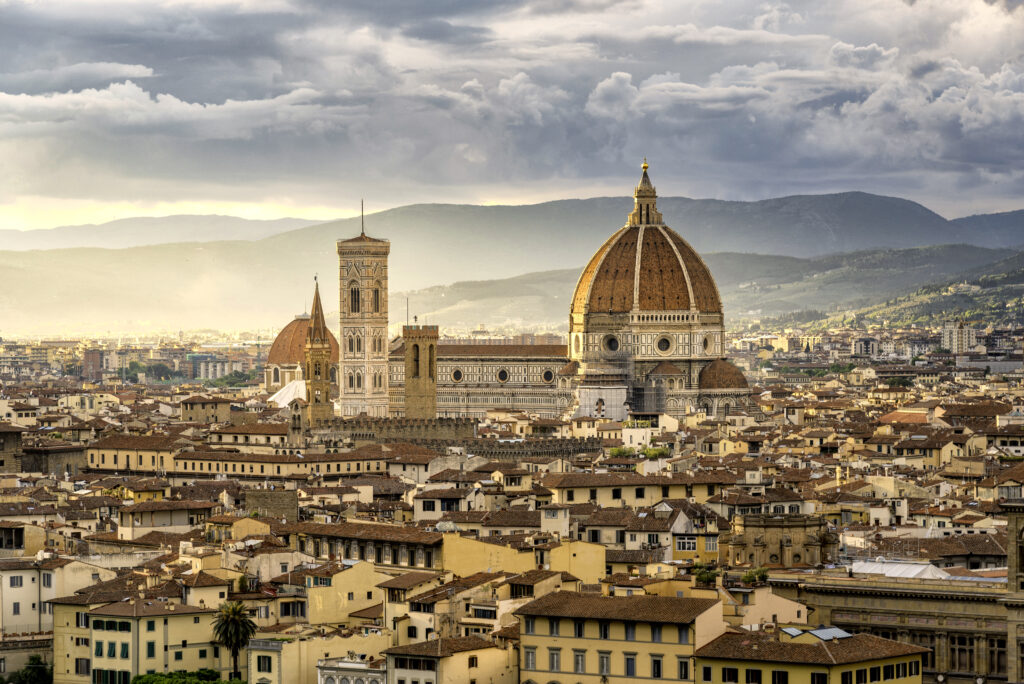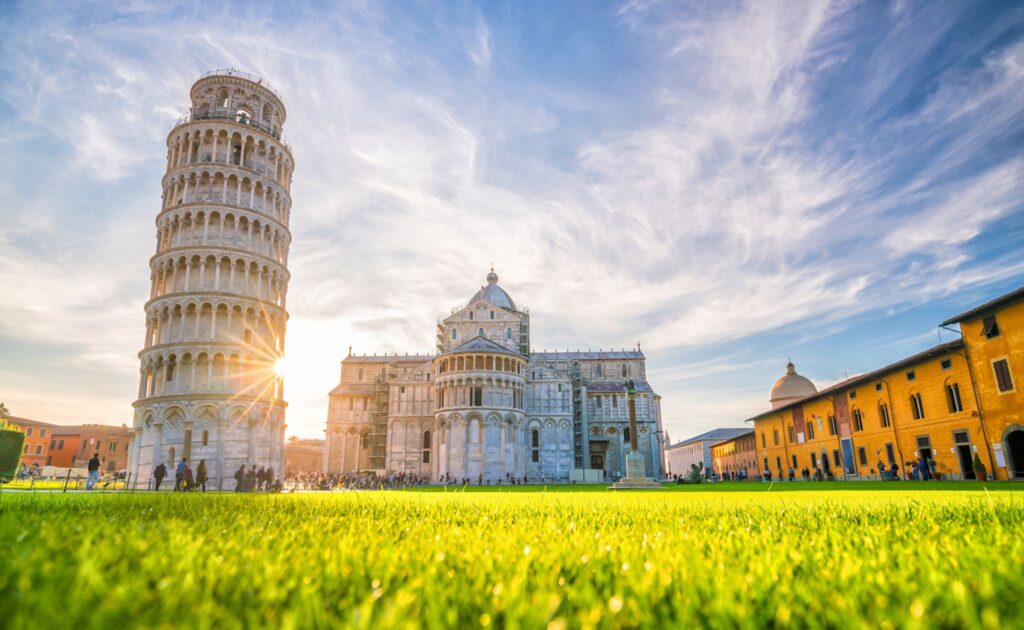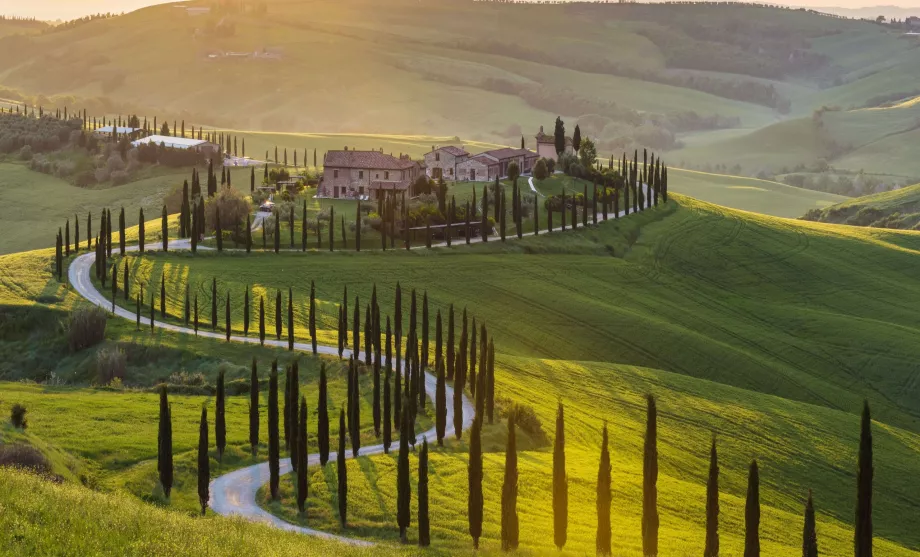Tuscany has long been a global tourism icon, known for its Renaissance art, rolling hills, and vibrant culture. Yet, it has also faced overtourism in spots like Florence and Pisa. In response, Toscana Promozione is leading “a new frontier of sustainable tourism,” aiming to move beyond high visitor numbers and craft experiences rooted in authenticity, quality, and inclusion.


What Is Sustainable Tourism?
Sustainable tourism in Tuscany means more than picking eco‑friendly hotels. It’s a holistic mindset that combines:
- Environmental respect, through quiet rural stays or low-impact travel
- Connection to nature, via vineyards, olive groves, forests, and thermal springs
- Slow-paced cultural immersion, offering time for local food, crafts, and heritage
- Social equity, empowering communities, especially in lesser-known areas
Toscana Promozione has initiated broader dialogues, consulting stakeholders across sectors to refine this vision .
Key Aspects of the New Frontier
- Diversified Itinerary Design
- Development of “Tuscany Diffusa”, promoting small towns, natural parks, and routes beyond main tourist hubs.
- Integration of giant Slow Tourism—vineyard treks, thermal baths, slow food—and eco-activism through art festivals like Biennale dello Scarto.
- Rural & Eco-Friendly Infrastructure
- Investments in ciclo‑vias like Sentiero della Bonifica and Via Francigena cycling routes, encouraging green mobility and linking art, nature, and villages.
- Accessible & Inclusive Tourism
- Programs such as “Toscana accessibile” aim to remove barriers, making heritage and landscapes reachable for every visitor.
- Local Economic Empowerment
- Emphasis on DOP/IGP agritourism—wine, olive oil, herbs—shows Tuscany as Italy’s leader in food‑based sustainable tourism.
- Collaborative Governance Model
- Tuscany’s regional laws now support sustainable tourism planning across community clusters, aligning public and private sectors to reduce overtourism.
Why It Matters
- Environmental Benefits: Spreads tourist flow, decreases air & foot traffic in hotspots.
- Cultural Integrity: Supports village traditions, crafts, and festivals in off‑peak areas.
- Economic Redistribution: Tourism revenue reaches more communities and farms.
- Traveler Satisfaction: Offers deeper, authentic, curated experiences beyond ticking off landmarks.
In Summary
Tuscany’s “new frontier” is about evolutionary tourism. By embracing slowness, diversity, and accessibility, the region aims to protect its natural beauty and cultural soul for future generations. What emerges is a balanced vision: tourism as meaningful exchange, not just visitor numbers.

